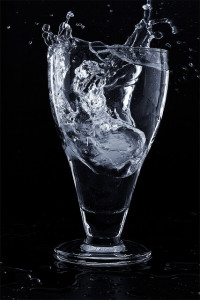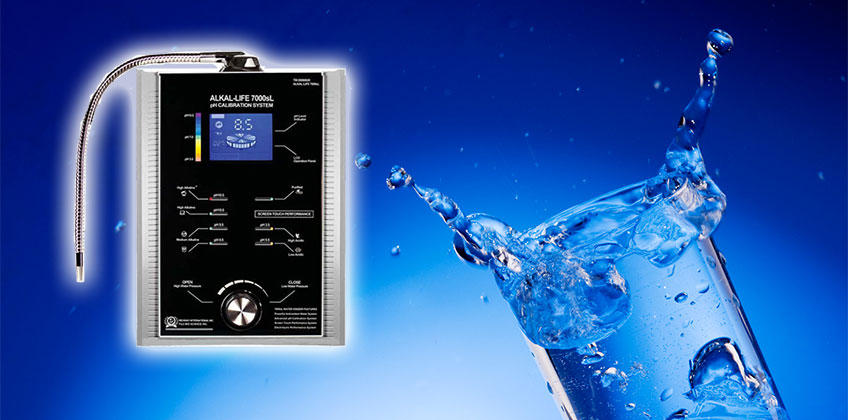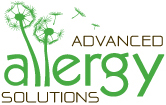 Water is essential to your health and at Advanced Allergy Solutions, we always recommend our patients stay hydrated. In fact, if you have been to our clinic, you may have noticed that we always hand you a glass of water before your treatment!
Water is essential to your health and at Advanced Allergy Solutions, we always recommend our patients stay hydrated. In fact, if you have been to our clinic, you may have noticed that we always hand you a glass of water before your treatment!
But depending on the kind of water you are drinking, it may actually undermine your health and expose you to many different toxins and chemicals.
The Environmental Protection Agency is responsible for regulating over 80 contaminants, such as arsenic, e-coli, chlorine and lead.Although most water utilities meet the EPA’s tap water regulations, there are still unregulated contaminants in drinking water. The Environmental Working Group identified over 300 chemicals in U.S. tap water, and over 200 of them are unregulated.
According to Dr. Frank Lipman, even when we think we’re drinking “clean” tap water, chemicals like chlorine, fluorine compounds, hormones, pesticides and sometimes trace amounts of prescription drugs can still be found in our water.
Why should we be concerned?
The Physicians for Social Responsibility say, “exposure to the contaminants [sometimes found in public and private drinking water] can cause a number of health problems, ranging from nausea and stomach pain to developmental problems and cancer.”
They estimate that up to 900,000 people per year get sick from drinking contaminated water.
In 2003, the Natural Resources Defense Council conducted a study and found that, due to pollution, deteriorating equipment and pipes, public water in 19 of America’s biggest cities contained levels of contaminants that exceeded the EPA’s limit. It is important to consider that public tap water may pick up contaminants on the way to your house, even if it tests safe at the source.
Is bottled water better?
In short, bottled water is not better for you to drink. The marketing and advertising for bottled water leads us to believe it is from natural, pristine, clean mountain spring water, but according to the EPA, bottled water is unregulated and not necessarily safer than tap.
Bottled water is also very wasteful. It is said that three liters of water is used to produce only one liter. Two-thirds of water bottled end up in landfills and oceans, polluting the water and wildlife.
What can you do?
Since there isn’t a “one-size-fits-all” kind of water filter, it is a good idea to do a little research before you make a purchase. Not every filter will eliminate all the contaminants, so we recommend learning more about the quality of water in your home.
How do you learn more about the quality of water in your home?
- You can test the water yourself
- See if the EPA has a report filed online about your region’s water chemical composition
- Ask for a water quality report from your water utility company.
This will help you understand which contaminants may need to be filtered out of your drinking water and which type of filter to buy.
 The next step would be to identify the kind of filter that meets your needs and budget. We would recommend looking at the Environmental Working Group’s Water Filter Buying Guide. This guide allows you to find the right kind of filter for you, based off of a few different requirements.
The next step would be to identify the kind of filter that meets your needs and budget. We would recommend looking at the Environmental Working Group’s Water Filter Buying Guide. This guide allows you to find the right kind of filter for you, based off of a few different requirements.
Radiant Life also offers high-quality filtration systems for your drinking water, as well as your whole house.
The water filtration system we use at our clinic, and one that we highly recommend, is the Alkal-Life 7000 sL.
This powerful water filter produces ionized and alkaline water, which helps increase hydration, detoxify your body, balance pH and neutralize free radicals. It also removes chemicals like fluoride, chlorine, lead and the memory of pharmaceuticals. You can find out more information on the Alkal-Life here.
Enjoy drinking your fresh, clean filtered water!
